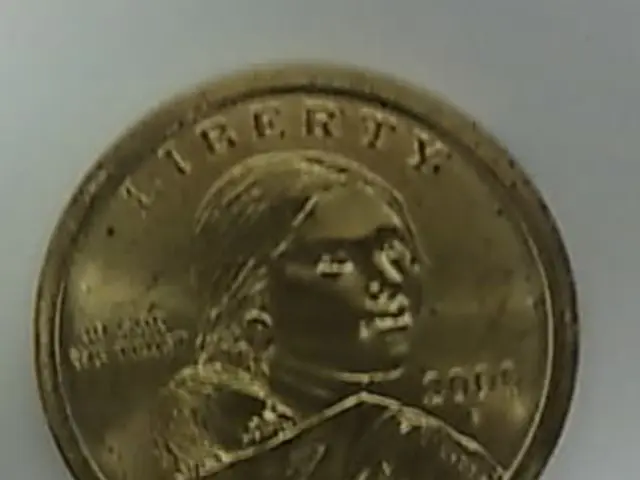Politics: Supreme Court Grants DOGE Staff Access to SSA Data, Sparking Privacy Debate
Access granted: DOGE now authorized to access Social Security records
WASHINGTON - In a controversial move, the Supreme Court has decided to grant staff from the Department of Government Efficiency (DOGE) access to Social Security Administration (SSA) data. This decision, made with three liberal justices dissenting, overrides an injunction issued by a federal judge in Maryland.
The unsigned order states that DOGE staff assigned to the SSA should be granted access to the agency records in question to perform their work. This has stirred up a storm, with progressive group Democracy Forward filing a lawsuit on behalf of two unions – the American Federation of State, County and Municipal Employees, and the American Federation of Teachers – as well as the Alliance for Retired Americans.
The groups expressed their dismay over the ruling, stating, "This ruling will enable President Trump and DOGE's affiliates to steal Americans' private and personal data." On the other hand, White House spokesperson Liz Huston praised the decision, calling it a "victory for the rule of law."
Liberal Justice Ketanji Brown Jackson voiced her concerns in a dissenting opinion, questioning the need for urgent intervention. She argued that the government's urgency is merely a desire to bypass the litigation process.
DOGE, set up by Elon Musk before his falling-out with President Donald Trump, aims to modernize systems and detect waste and fraud at the agency. The data it seeks includes sensitive information such as Social Security numbers, medical records, and tax and banking information.
This decision, though a victory for the Trump administration, has sparked a heated debate about privacy and data protection. Critics fear this ruling could set a precedent for broader access to personal information, potentially leading to data breaches or misuse. The case is expected to have far-reaching implications for government data handling and individual privacy rights.
In a separate order, the Supreme Court also granted another request filed by the Trump administration, temporarily shielding DOGE from freedom of information requests. This decision temporarily halts lower court decisions while the Supreme Court considers next steps and limits the scope of material that can be disclosed.
Follow live politics coverage here
Enrichment Data:Background of the Supreme Court's DecisionThe Supreme Court's decision stems from a legal challenge initiated by labor unions and advocacy groups. These groups contested the SSA's decision to grant DOGE access to sensitive personal data, arguing that it violated federal privacy laws and exposed millions of Americans to potential data breaches[1][2][4]. The case began in February 2025 when two labor unions and a grassroots advocacy group sued in federal court in Baltimore, claiming that the SSA had abandoned its commitment to maintaining privacy[1].
President Donald Trump created DOGE via an executive order early in his second term, with the stated goal of modernizing government technology and reducing waste and fraud[1]. The Trump administration argued that DOGE needed access to SSA records to detect and prevent fraudulent payments[2]. However, a federal judge in Maryland initially blocked this access, citing concerns about data privacy and compliance with federal law[2].
Implications of the Decision- Privacy Concerns: The ruling raises significant concerns about data privacy, as it allows DOGE access to sensitive information, including Social Security numbers, medical histories, and banking details. This could increase the risk of data breaches or misuse[4].- Legal Impact: The decision underscores a shift in the balance between government oversight and individual privacy rights. It may set a precedent for future government access to sensitive data, potentially leading to broader legal challenges under privacy laws like the Privacy Act of 1974[4].- Political and Social Implications: The ruling highlights the ongoing political divide in the U.S., with the Trump administration's efforts to streamline government operations pitted against concerns about privacy and transparency. It also reflects the broader debate over government efficiency versus individual rights[5].- Public Perception: The decision may influence public perception of government data handling, potentially eroding trust in government agencies' ability to protect personal information[5].
- In light of the Supreme Court's ruling, the debate in general-news circles has intensified, as critics argue that the decision could potentially expose millions of Americans to data breaches and set a dangerous precedent for broader access to personal information in banking, healthcare, and politics.
- The politics of data privacy are further complicated by the Supreme Court's decision to grant DOGE access to Social Security Administration records, a move that has sparked controversy and raised fears of potential misuse, especially in light of the sensitive information involved, such as Social Security numbers, medical records, and banking information.








